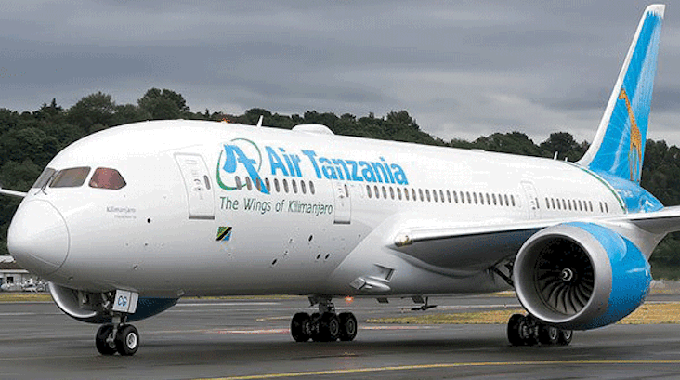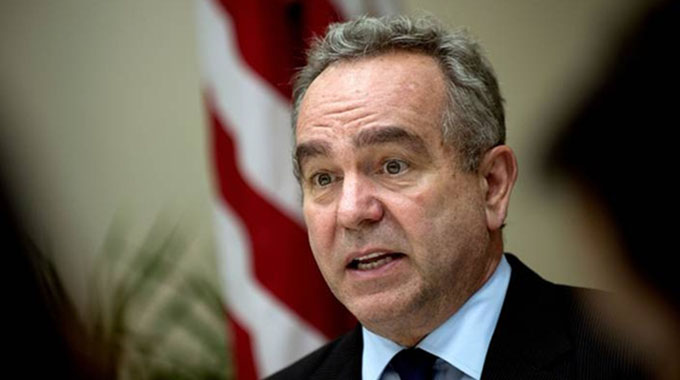Multilateral relations to benefit Africa

NAIROBI. – Africa stands to benefit from all its multilateral engagements with major countries.
The continent has risen to become the world’s largest free trade area measured by the number of countries participating. The African Continental Free Trade Area has created an entirely new development path by harnessing Africa’s resources and the potential of its market, which has approximately 1.4 billion people in 55 countries.
Today, African countries in partnership with major countries such as China have, amid the COVID-19 pandemic, fostered economic, social, health and structural reforms that could pave the way for sustainable development. Through these multilateral engagements, the United Nations Conference on Trade and Development said in a report in June that foreign direct investment to African countries hit a record of US$83 billion in 2021, despite the severe impacts of the pandemic.
In addition, the 21st-century scramble for Africa has seen an increase in multilateral engagements, such as the Russia-Africa Summit, the US-Africa Leaders Summit, the EU-Africa Business Forum, the Forum on China-Africa Cooperation and the Tokyo International Conference on African Development.
All these multilateral engagements in one way or another have transformed Africa through programs focusing on strengthening Africa’s democracy, human rights, peace and security, infrastructure development, trade and financial cooperation, among others.
However, some of these initiatives have infringed on Africa’s sovereignty and governance system and imposed stringent measures that have scuttled the growth and development of the continent, while others such as FOCAC have transformed Africa into a global powerhouse of development and growth.
In 2019, during the seventh Tokyo International Conference on African Development, then Japanese prime minister Shinzo Abe pledged to invest US$20 billion over three years through Japan’s private sector, with a focus on advancing Africa’s development through people, technology and Innovation. However, very little progress has been made on the promises.
On Aug 27 and 28, Tunisia hosted the eighth Tokyo International Conference on African Development.
As a premier engagement of Japan with Africa, the conference series was established to promote high-level policy dialogue among participating African leaders and development partners and to mobilize support for African self-help development initiatives. However, some African scholars believe that the conference was established as a platform of using African countries to propel Japan to becoming a permanent member of the United Nations Security Council.
In 2003, at the third Tokyo International Conference on African Development, Japan called for the international community to support the New Partnership for Africa’s Development, a program of the African Union. However, the AU’s development agency has been rocked by controversies, with some African countries describing it as a “neoliberal initiative” mostly tailored to South Africa’s assets and interests at the risk of increasing regional and social disparities.
On the other hand, entering the new era, President Xi Jinping put forward the principles of China’s Africa policy, centred on sincerity, real results, amity and good faith while pursuing the greater good and shared interests, charting the course for China’s cooperation with Africa. These principles have epitomized China’s foreign policy with Africa. – ChinaDaily.com










Comments